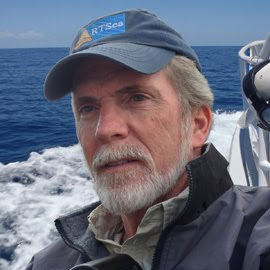The new reserve had its genesis in a proposal in the fall of 2011 to establish an expansive marine reserve and no-take zone in the Coral Sea, over 615,000 square miles from the Great Barrier Reef to hundreds of miles offshore. With the new proposal, Australia expands its current number of marine reserves from 27 to 60.
According to Australia's Environment Minister Tony Burke, "It's time for the world to turn a corner on protection of our oceans. What we've done is effectively create a national parks estate in the ocean."
With the new marine reserve in place, there will be more restricted commercial fishing in many areas and the Australian government is planning to compensate the commercial fishing industry to the tune of hundreds of millions of dollars. Still, there are many activists who are displeased with the proposal as they feel there are several important areas still left open to commercial fishing and oil drilling, particularly in Western Australia.
However, despite whatever shortcomings that may exists with the proposed marine reserve, it must be commended because it not only represents the largest marine reserve (the current largest is the 210,450 square miles Chagos Islands reserve in the Indian Ocean). The Australian marine reserve also represents a major developed nation choosing to ambitiously protect its entire coastline - a commitment from which other developed nations should take notice. While protecting large remote areas of the ocean is important, it is also critically important that nations look closely to their own shores where so much potentially destructive commercial activity can be taking place.
Kudos to the Australian government for setting an example for other nations to follow at Rio+20 and all future ocean conservation conferences and political summits.
Source: BBC News Asia



















No comments:
Post a Comment